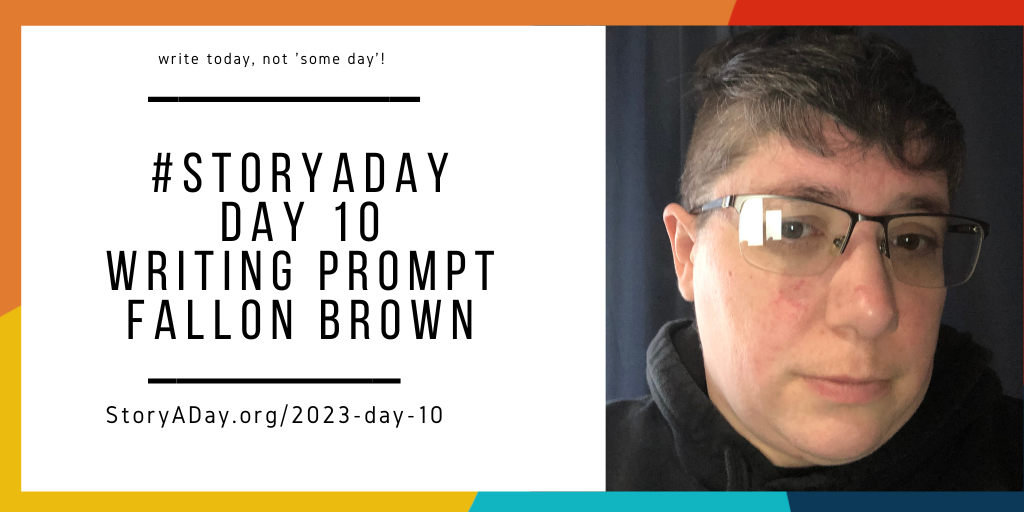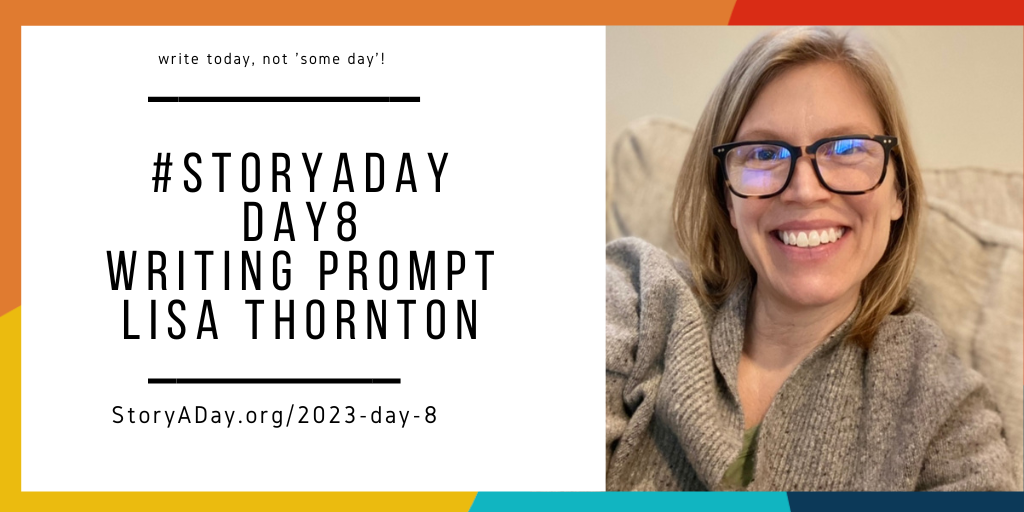The Prompt
When I opened the door, I never expected to be hit by *that*.
What is *that*? An idea, a smell, a sight, a sound? Something else? How does the protagonist react to it? What do they do next? Start your story with this line and see where it takes you.
Fallon Brown
Fallon Brown is a nonbinary writer from Northwestern Pennsylvania. They write mostly romance and cozy mystery novels, with some fantasy and historical in there as well. When they aren’t writing(rarely), they tend to devour books or let their mind unwind with crochet or cross-stitch projects. The first two books in their Jax of All Trade mystery series are available. You can also find them at stitchingastory.substack.com or on Instagram and twitter: @frbrown906
Join the discussion: what will you do with today’s prompt OR how did it go? Need support? Post here!

Here’s your next Game Piece. save the image and share on social media with #storyaday
Prefer paper crafts? Here’s the cut & paste version






